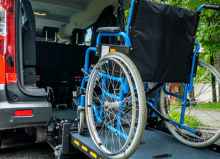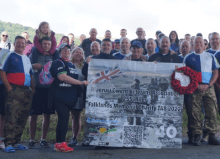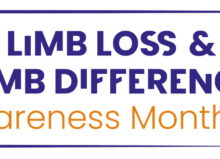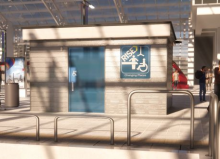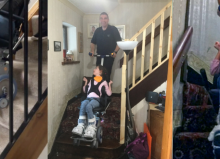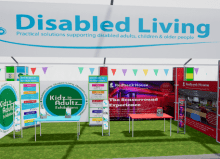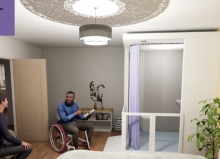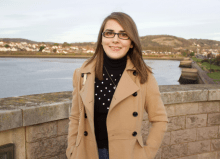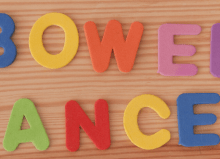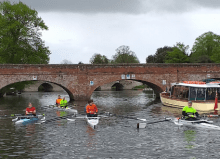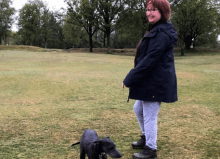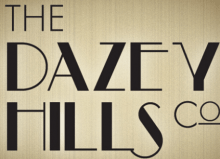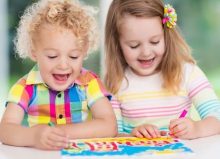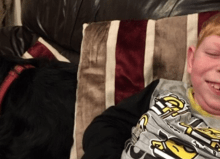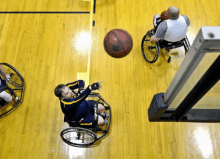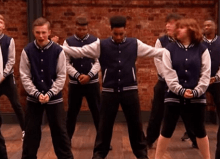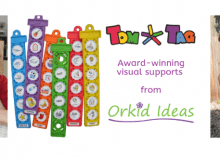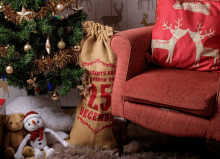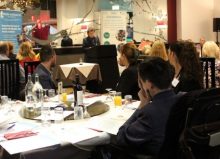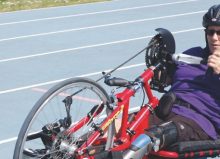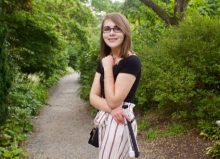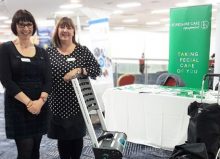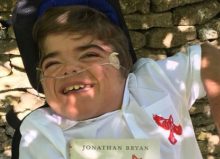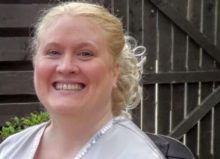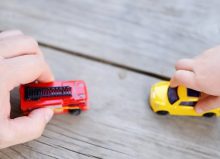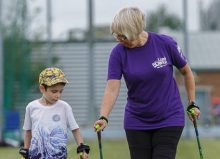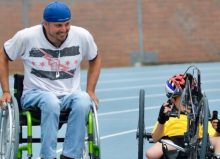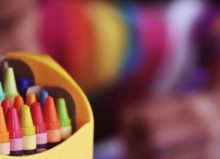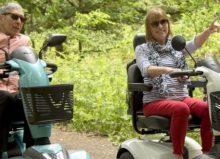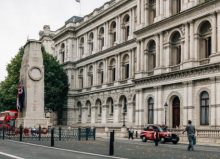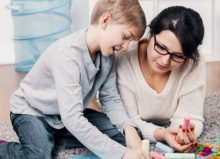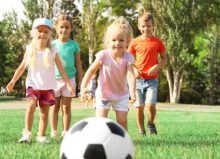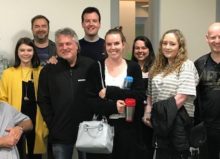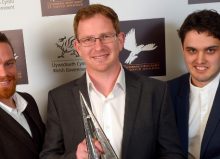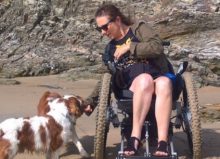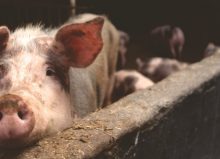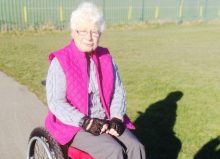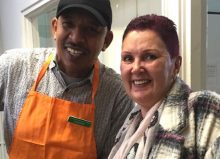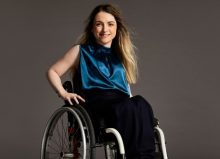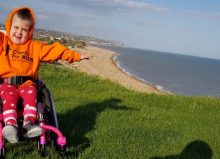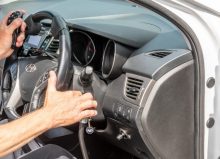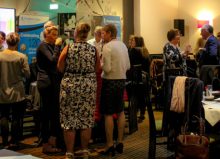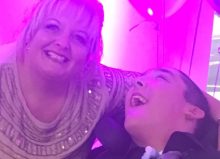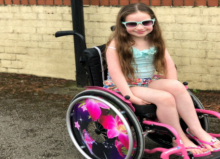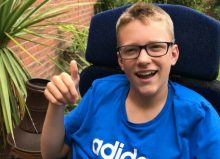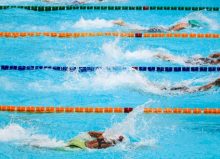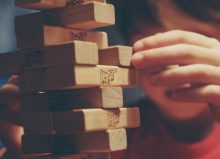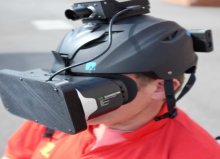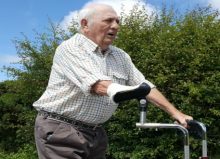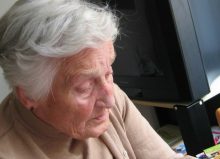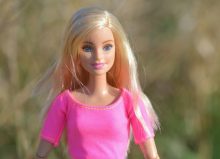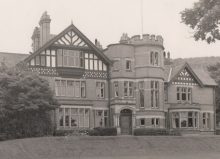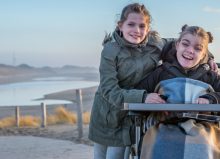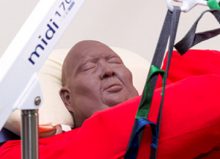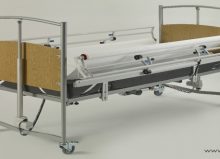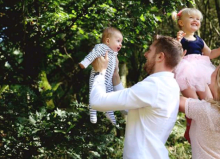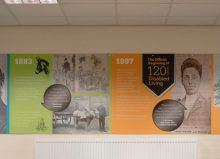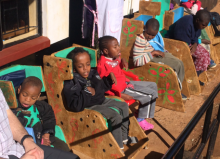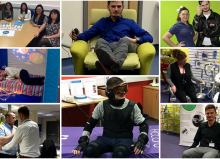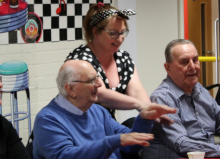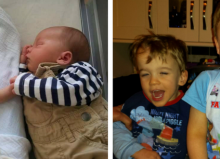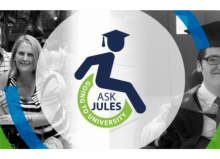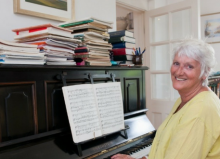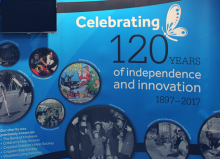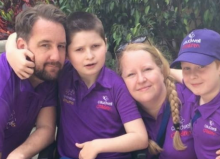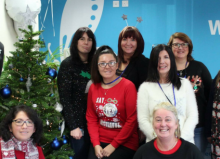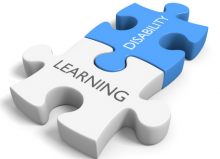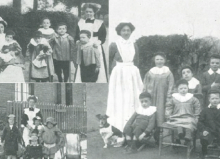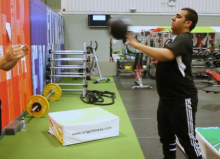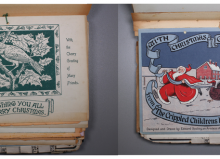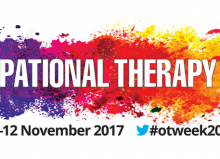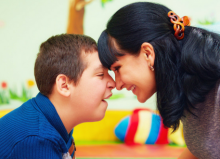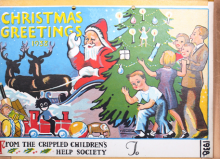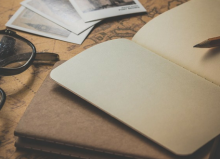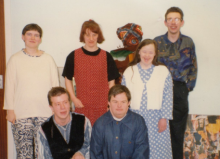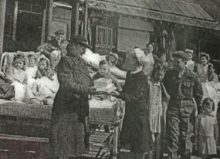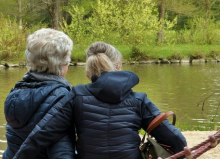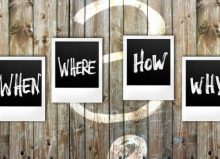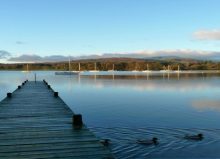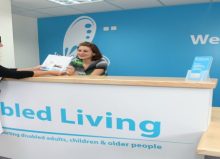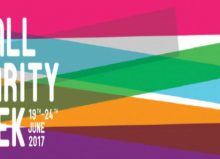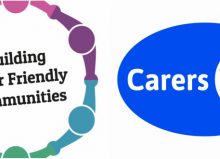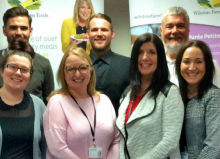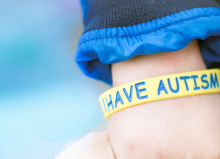How Writing Poetry Changed Nicholas’ Life
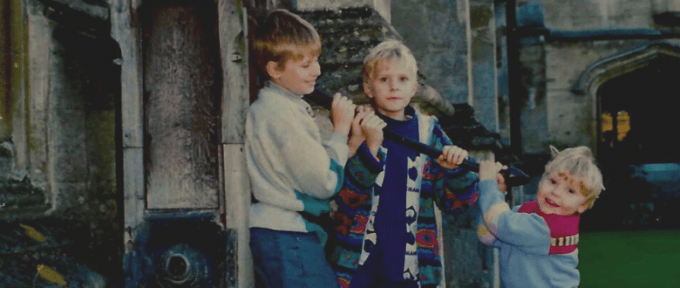
This is a guest blog by Lois Letchford for Disabled Living’s blog discussing how writing poetry has changed her son’s life. Lois’ dyslexia came to light at the age of 39, when she faced teaching her seven-year-old non-reading son, Nicholas. Examining her reading failure caused her to adapted and change lessons for her son. The results were dramatic. Lois qualified as a reading specialist to use her non-traditional background, multi-continental experience, and passion to assist other failing students. Her teaching and learning have equipped her with a unique skillset and perspective. As a teacher, she considers herself a “literacy problem-solver.”
Living in Brisbane, Australia, my six-year-old son, Nicholas, failed first grade. The effects of going to school showed themselves through his quietness, his bitten fingernails, and the daily wetting of his pants. His teacher shouted at him for his slowness, his withdrawal, and his inability to follow the “simplest instructions.” Testing revealed he could read ten words, displayed no strengths, and above all, he had a low IQ. The prognosis was dire.
An unusual opportunity arose. My husband was offered a study leave in Oxford, UK.
Taking this opportunity to work with Nicholas in a one-to-one setting, I set myself up with a series of books titled, “Success for All.”
They were an abject failure, and I was no better than his first-grade teacher.
Faced with a blank slate, and no excuses, I thought about Nicholas’ strengths. I knew he could rhyme words and see patterns. With only these known skills, I thought about writing simple poems based around the consonant-vowel-consonant word patterns. I chose words which rhyme with bug, such as mug, lug, tug, and rug.
The transformation in our little classroom was instant- no longer did I expect Nicholas to read anything. I read to him. Together we talked about the meaning of the poem, found the rhyming words, and finally illustrated the poem. Using coloured paper as a ladybug’s wings, and folded paper (with embellishments) for the rug, our enjoyment for learning intensified.
One success led to another. And another. Every Nicholas was excited to read and play with yet another rhyme. We recited our poems as we walked his brothers to and from school. Each day we worked to retrieve those rhymes. His brain was being lined with language, also making the connection between words and pictures. Using poetry appeared to cocoon the sounds and help him with all aspects of learning to read.
Every day, a new poem helped Nicholas make tiny steps forward in learning…
After completing many poems using the short vowel sounds, the oo sounds as in cook, look, and book captured my imagination. My focus turned to Captain Cook, the last of the great explorers with the poem:
Captain Cook had a notion,
There was a gap in the map in the great big ocean.
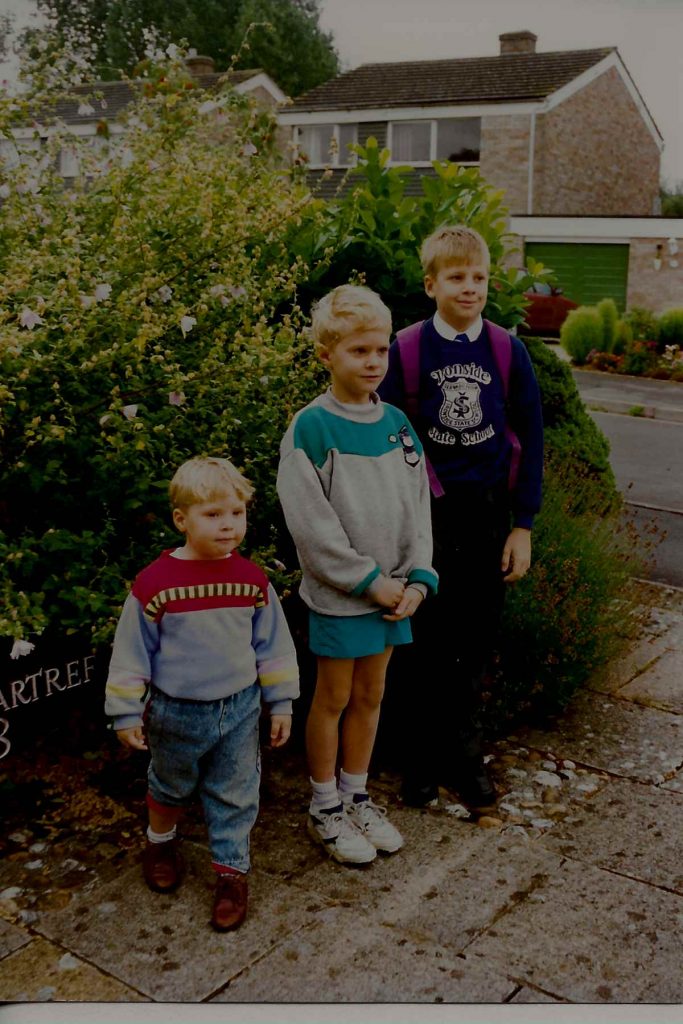
Photo taken in Abingdon. Left to right: Isaac (age 3), Nicholas (middle age 7), Nathanael (age 10)
He took a look, without the help of any book
Hoping to find a quiet little nook.
Captain Cook had a notion,
There was a gap in the map in the great big ocean.
He took a look and filled a whole book
That caused the whole world to look.
Living in Oxford and visiting museums, we encountered maps from the 1550s.
“Look, Nicholas,” I said, “there’s a gap in the map. There is no Australia.”
Our learning took a turn from writing simple poems to writing poetry for an inquiry project.
I read the books and turned my learning into poems for Nicholas. I found this was the best way for him to access information, and poetry made for easy repetition, for questioning and tapping into his curiosity. Together we began to question – what knowledge did Captain Cook have when he left England?
“Who came before Captain Cook?” Nicholas asked one day.
“That’s easy,” I replied. “That was Christopher Columbus.”
“And who came before Columbus?” he questioned.
I stopped. I was stunned.
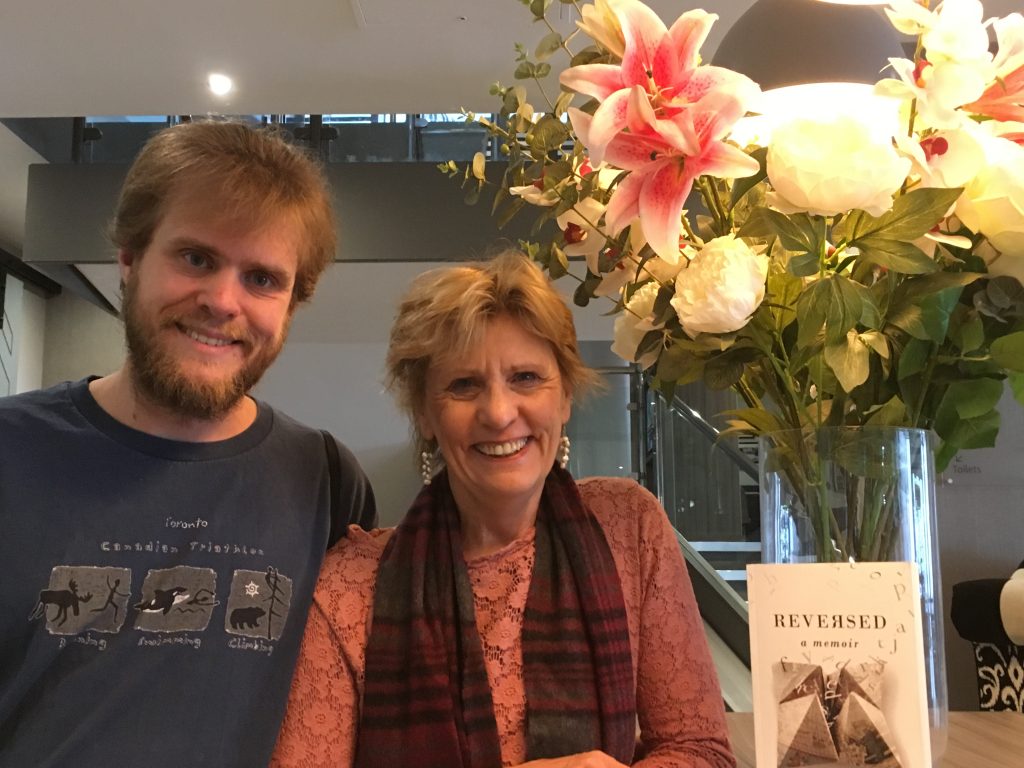
Nicholas and Lois in 2018
Such a question had never entered my imagination, and for the first time, I knew my son did not have a “low IQ.” His questions told me he was “thinking.”
Being in Oxford, with the world of libraries and maps at our fingertips, we searched for answers. Viewing maps in the local map shops aided our search. Discovering that Columbus’s travels were based on the maps of Ptolemy, led us to visit the Bodleian Library, hunting for more answers.
Our investigation began in the gift shop, where a lady eager awaited our questions.
“Do you know where we could find a Ptolemy map?” I questioned, with an anxious Nicholas by my side.
The lady turned away from us, leaned against the counter, and scratched her head. Her eyes scanned the bookshelf. Finally, she bent down and retrieved one, large, blue-covered book.
“This is a new book in our collection,” she said as she carefully placed it on the counter. “It’s a book of Ptolemy maps and only recently printed. Does this work for you?”
Nicholas and I gaped.
“Yes,” I replied as Nicholas grinned and nodded.
Adding positive, enriching experience to our learning enhanced Nicholas’s curiosity.
Our time in Oxford was completed with a memorable visit to the British Museum to see Captain Cook’s original maps and concluded our epic inquiry project.
Returning home, Nicholas once again attended our local school. I was feeling on edge when I again met with the school counsellor.
“Nicholas learned so much! I wrote poetry and he was so excited by our learning,” I gushed.
“Well,” she replied, “he’s the worst child I’ve seen in twenty years of teaching!”
Shocked, I left the room with my tail between my legs.
This was not the end of the story, just the beginning of a new chapter.
Advice for parents whose children are like Nicholas:
Write for your children – write about their everyday experiences – what they see, hear, eat, or watch on YouTube.
Write where you are with what you have
Create books about their life
Place the child as the central character of their story
Take pictures to complement your writing
Write in short sentences or poetry format
Read and re-read to and with your child
Recite the sentences or poems
Record their reciting and sent it to relatives – if possible, ask relatives to respond
If a child has a challenge recalling a particular sound, find words and objects which include it.
Write about them in short sentences or rhymes.
Write and read every day
Remember:
Learning is emotional, as well as cognitive.
When learning is painful, sadly, that’s what children learn.
When children are laughing, learning happens with ease.
Once the process begins, one never knows where it ends…
Grab a copy of Reversed: A Memoir to read the full story at https://amzn.to/3d2cNg5


